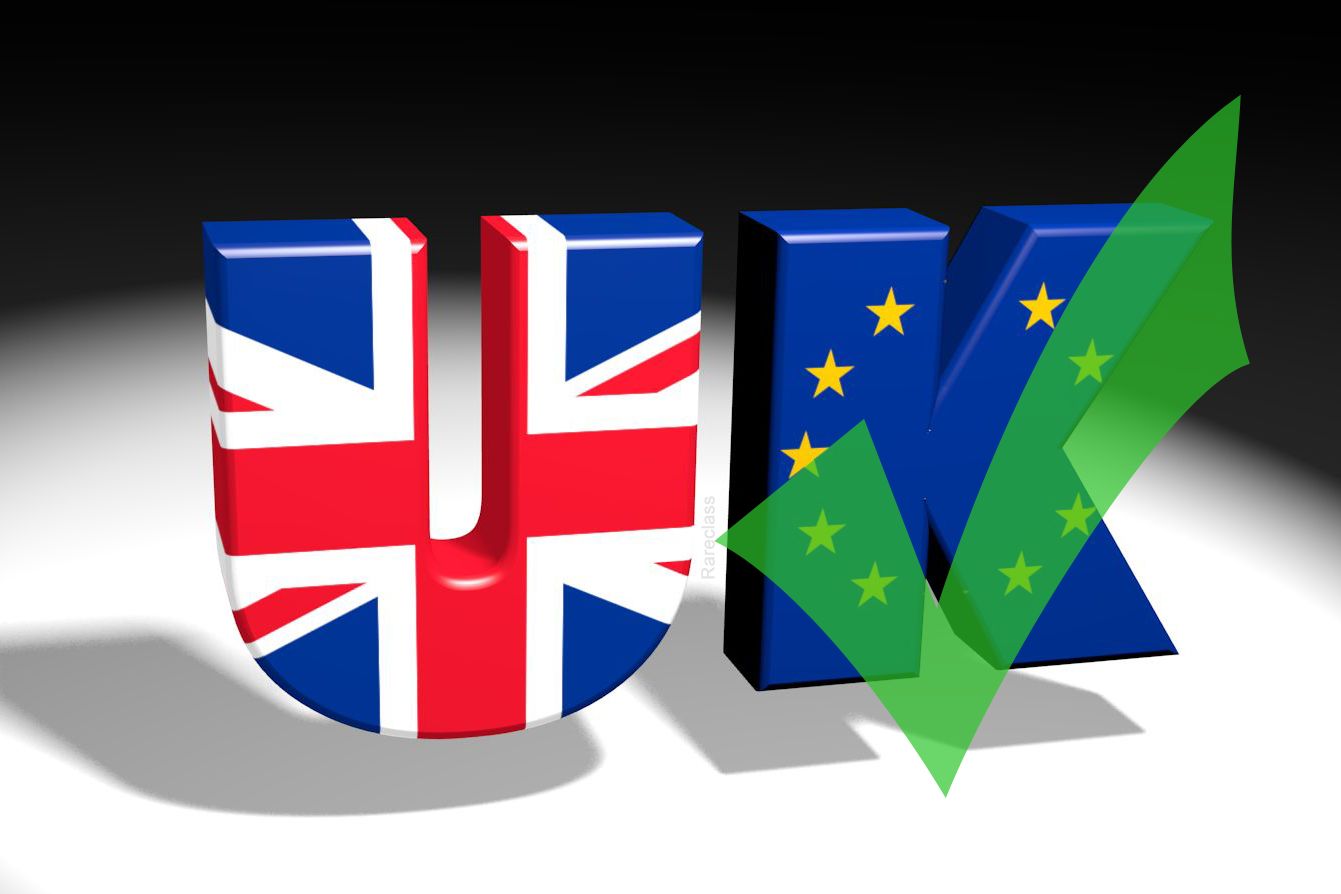Yes, thank God – it’s nearly over. In a fortnight’s time, the British public will finally decide at the ballot box whether or not to remain part of the European Union, bringing to a close several months of agonisingly irrelevant campaigning. There were those of us who hoped this referendum campaign would stimulate something of the same effect as the Scottish independence vote two years ago, an experience of democratic renewal watched wistfully from over the English border. Nothing of the sort has happened this time round.
Unlike the Scottish vote, this has not been a campaign of ordinary people, but rather a classic playground fight within the British political elite. Both campaigns have tried their utmost to be the voice of ‘the man on the street’, and both have spectacularly failed. Despite its members having waited decades for this opportunity, the Leave campaign is still a baffling contradiction: a coalition of state-socialists who want to protect the British economy from the EU single market and ultra-libertarians who want to unchain it from Brussels-imposed regulation. The only issue on which they seem united is immigration, including on the bizarre proposal to solve the ‘problem’ by exchanging free movement within the EU for a similar settlement within the significantly larger British Commonwealth. Nor was there any audible outcry over Boris Johnson’s frankly racist response to Barack Obama’s cautionary intervention, in which he linked the US president’s Kenyan ancestry to an inherited contempt for the British Empire.
The Remain campaign may have avoided such outlandish claims, but it has hardly provided the robust pro-European vision that was initially thought essential to winning the vote. The strategy has been ‘Project Fear’ in its most abject form, with David Cameron lining up a weekly roster of experts to warn against the instability of Brexit. It is probably true that a Leave vote would be disastrous for both the UK and the wider EU, but most of us cannot take these arguments seriously from the man who is solely responsible for lumbering us with this pointless ballot. Having spent years courting UKIP voters during national elections, he and his Tory colleagues have made an utterly unconvincing deathbed conversion to Europhilia, just at the moment their jobs and political legacy are on the line. Although I’m praying for a Remain result on 24 June, it would be some consolation if Cameron and Osborne were served their just desserts by a victory for the Leavers.
So why has the campaign been so vapid? One reason is undoubtedly that the majority of voters are simply uninterested in what appears to be primarily a succession dispute within the Conservative Party. Boris Johnson is in the ascendancy, relentlessly wooing the party membership with his valiant opposition to the crypto-liberal elements in the leadership. Whichever way the vote swings, it is hard to imagine a scenario in which he doesn’t become the next leader. Following that, he will have to spend a great deal of time convincing the wider electorate that his recent political somersaults represent something other than single-minded opportunism.
However, I think there is something more fundamental than political careerism going on here too. It is not the case that voters are entirely uninterested, but rather that the EU issue itself is only superficially the point of contention. ‘Europe’ has become a proxy for a brewing culture war in the United Kingdom, one whose first heat was felt as early as the 1990s but has still yet to reach boiling point. It is ultimately a struggle between a metropolitan elite, generally comfortable with the status quo of globalisation and multiculturalism, and a provincial commons which increasingly feels it has been written out of the nation’s success story. The great irony is that EU social policy presents a bulwark against further neoliberal excesses that would harm the latter group, especially if the present government enjoyed a free reign. Yet to this group, ‘Brussels’ now stands for everything that is wrong in their lives: fewer jobs, lower pay, strained public services, rising immigration.
These people – the losers of the globalised capitalism – have found some balm for their grievances in the snake-oil of the Leave campaign. They are left cold by the elite’s appeal for stability and calm, for what do they have to gain from more of the same? It is no use, at this late stage, trying to explain that the EU is actually part of the solution. They have in their sights not just Brussels but the whole edifice of liberal elitism which, with some justification, they see as the cause of their problems.
Even if Britain votes to Remain in two weeks’ time, this culture war will be far from finished. In this confrontation, the EU is not the cause but merely a symptom. The real conflict, between two different futures for the United Kingdom, is only just beginning.
You can download the article in PDF here.
James Bartholomeusz (1992) is from the United Kingdom and is a policy officer at the Project for Democratic Union.


